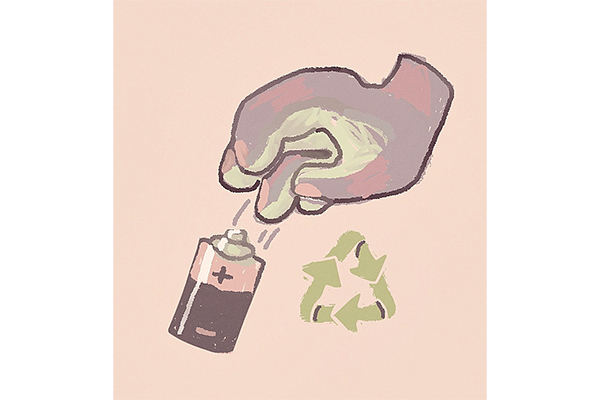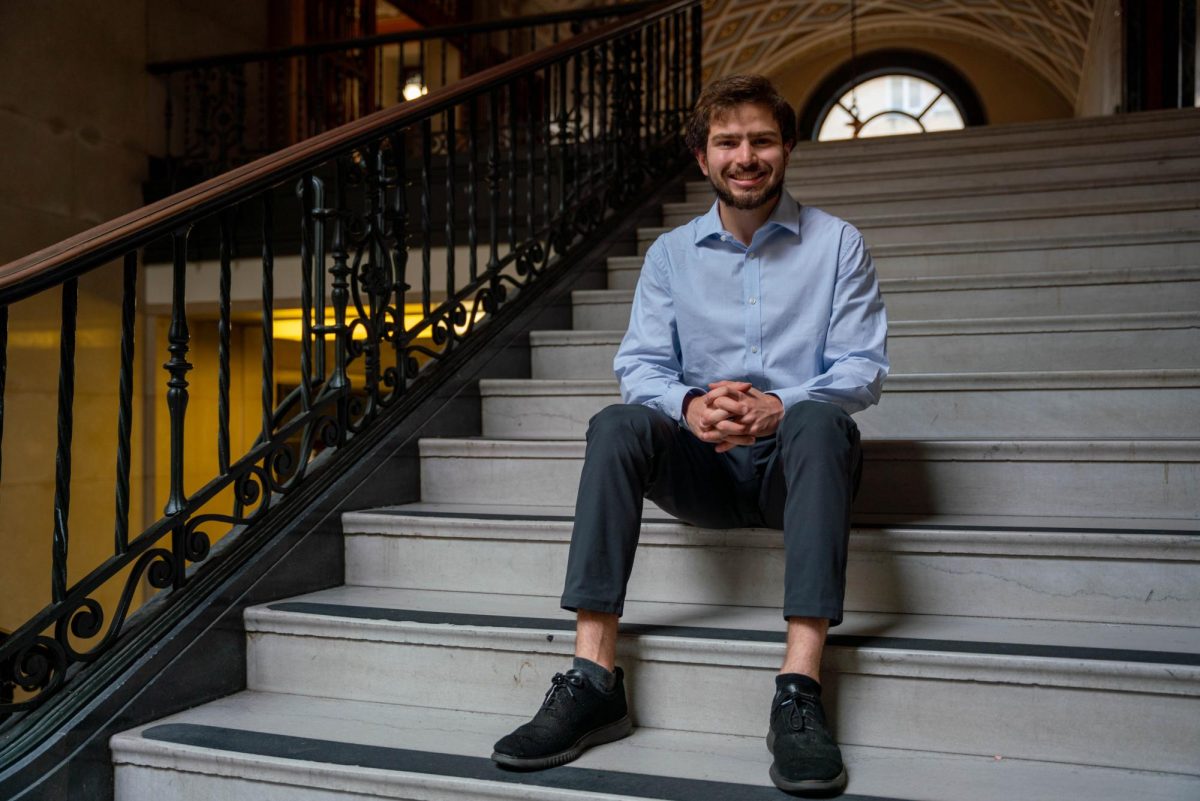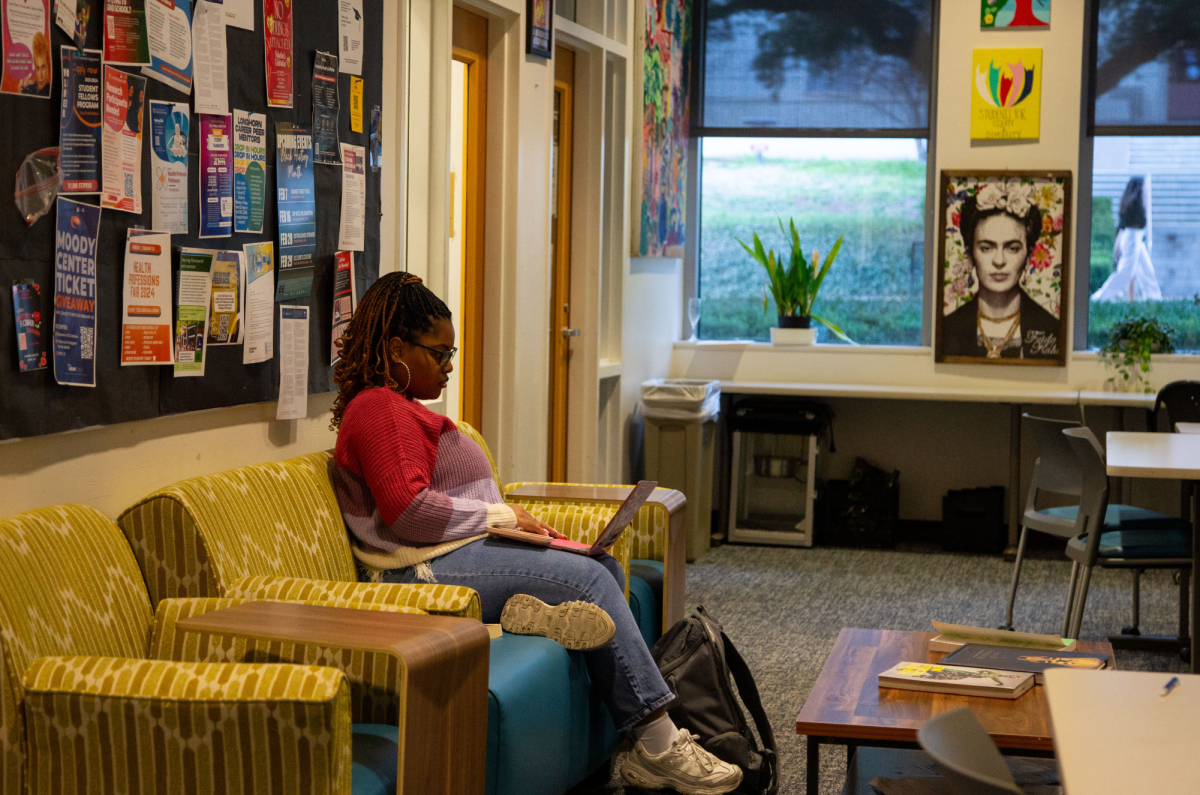Sustainability Resources has collected more than 200 pounds of used batteries since placing battery recycling bins throughout campus in March.
Sustainability Resources, a department of University Housing and Dining, put 35 bins in all dormitories and some offices last spring. The bins were purchased with $6,600 from the Green Fund, a grant program funded by UT-Austin tuition. Only common, non-rechargeable batteries can be recycled.
Neil Kaufman, University Housing and Dining sustainability coordinator, said battery recycling not only helps reduce the pollution batteries cause when they decompose in landfills, but it also provides materials to create products such as sunscreen, steel cookware or asphalt.
“There are problems with batteries being thrown away, but there is also opportunity in recycling them,” Kaufman said. “Most of the
components of the battery are recyclable, between the metals and the chemicals, which are otherwise expensive to produce.”
UT’s Green Labs program implemented a battery recycling program in 2013, which has one collection bin on the first floor of the Student Services Building. UHD placed 35 bins in the spring, coinciding with the beginning of the Zero Waste Hero program, which teaches students about recycling and composting in collaboration with UHD, Resource Recovery and the Office of Sustainability.
Kaufmann said many batteries end up in the trash or recycling bins because people do not know where to put them. He said when materials that cannot be recycled end up in those bins, recycling collection companies charge the University a fee. The collector may even put the entire load in a landfill if the nonrecyclable material makes up more than 5% of the load, Kaufman said.
“Contamination is a big problem,” Kaufman said. “We are not unique in that things in recycling that shouldn’t be there and things in composting that shouldn’t be there (happen).”
Electronic waste, or “e-waste,” is becoming an increasing problem for waste management as more old electronics are being thrown out, said David Eaton, a professor in the Lyndon B. Johnson School of Public Affairs. He said the acids and heavy metals, including mercury, lead and zinc, leech out of the landfills as a gas when they are incinerated or become a liquid if they are left to decompose.
“Each of those chemicals are toxic to people,” Eaton said. “Those materials are necessary in batteries to make electricity available. However, when they are disposed of, whether they go to the land, the water or even the air, they can be potentially poisonous to the environment.”
Architectural engineering junior Olivia Pineda said she has long been aware of e-waste pollution. She said she tries to be conscious of what she throws away to reduce the mass pollution. Pineda said although she hasn’t hasn’t thrown away electronics often, more people should be proactive in recycling their electronics because of the pollution they produce.
“That is something people should find shocking and should worry about on a daily basis,” Pineda said. “I know in Austin there (are) multiple outlets for electronic and battery recycling. People just don’t want to go through the effort because it’s not as easy as chucking something in a trash can that is 10 feet away from you.”





















